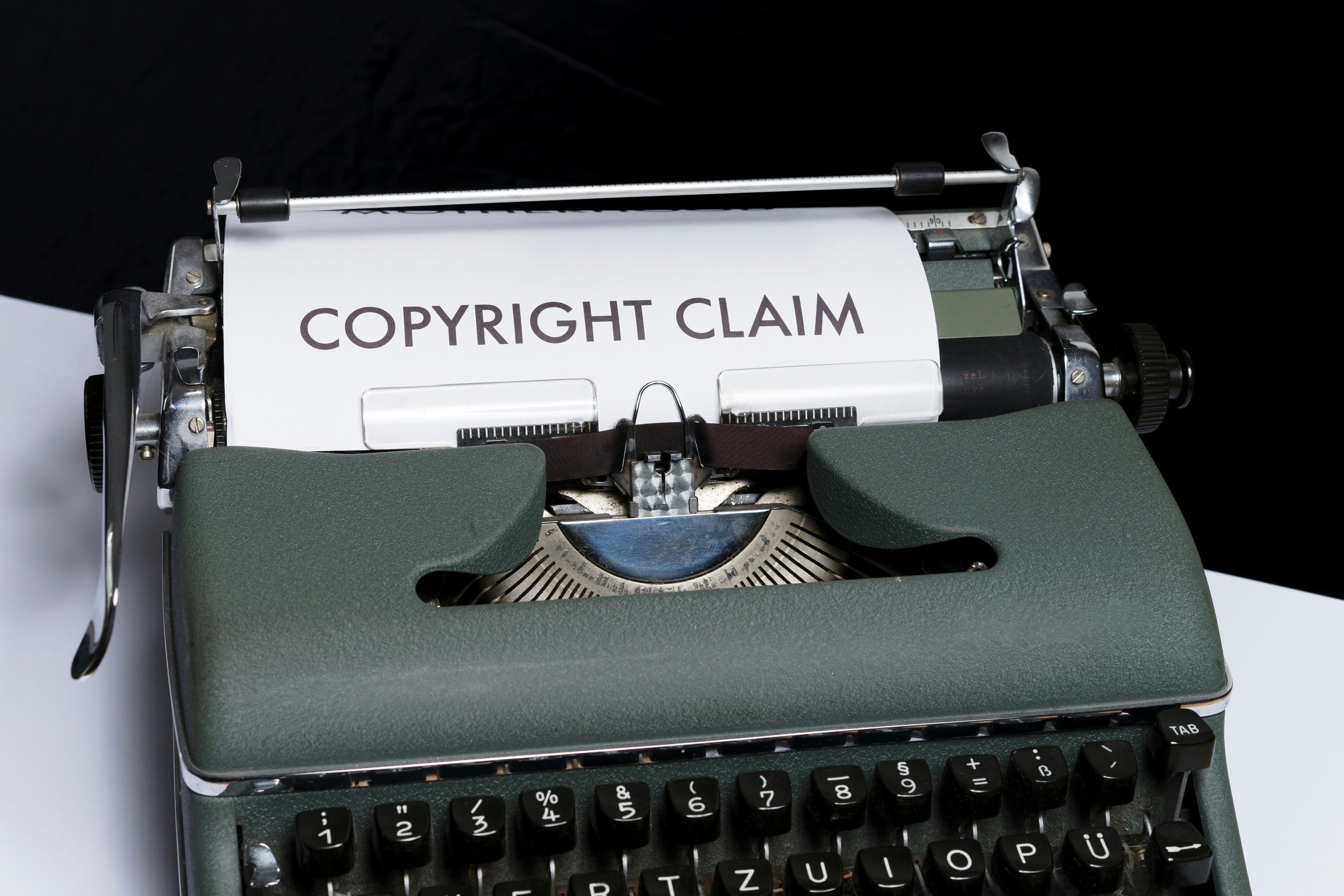Mastering M&A in Hong Kong: Key Agreements Every Business Should Know
Mastering M&A in Hong Kong: Key Agreements Every Business Should Know
When it comes to M&A, the headline purchase price is only part of the story. The real substance of a deal lies in the agreements that define how risks are allocated, how protections are built in, and how compliance with Hong Kong law is maintained. For SMEs, understanding these contracts is essential — not only to close the deal, but to do so with clarity, confidence, and long‑term security.
Why Agreements Matter in M&A
M&A agreements are legally binding contracts that govern:
- How ownership is transferred
- How risks and liabilities are managed
- The remedies available if something goes wrong
In Hong Kong, the form and content of these agreements can directly affect enforceability, regulatory compliance, and post‑completion integration.
Key Agreements in Hong Kong M&A Deals
1. Share Purchase Agreement (SPA) / Asset Purchase Agreement (APA)
- SPA — Buyer acquires the shares of the target company, taking on both assets and liabilities.
- APA — Buyer acquires specified assets (and possibly certain liabilities) only.
- Sets out:
- Price and payment terms
- Conditions precedent (e.g. regulatory approvals, third‑party consents)
- Completion arrangements
- Regulatory note: SPA/APA terms must comply with the Companies Ordinance (Cap. 622), sector‑specific laws, and (for listed companies) the Takeovers Code.
2. Non‑Disclosure Agreement (NDA)
- Protects confidential information disclosed during negotiations.
- Should define:
- Scope of confidential information
- Permitted use
- Duration of confidentiality obligations
- Enforceable under Hong Kong contract law if properly drafted.
3. Representations and Warranties
- Statements by the seller about the business (e.g. financial position, compliance, ownership of assets, absence of undisclosed liabilities).
- Breach can give rise to damages claims or (in some cases) rescission.
- Often paired with indemnities for specific known risks.
4. Disclosure Letter
- Lists exceptions to the warranties.
- Protects the seller by making the buyer aware of issues before completion.
- Forms part of the contractual framework for risk allocation.
5. Employment and Non‑Compete Agreements
- Protects against key staff departures or competition from former owners/employees.
- May include restrictive covenants (non‑compete, non‑solicitation, non‑poaching).
- Must be reasonable in scope, duration, and geography to be enforceable under Hong Kong law.
6. Transitional Services Agreement (TSA)
- Used when the seller continues to provide certain services post‑completion (e.g. IT, finance, HR).
- Sets out service scope, duration, fees, and termination rights.
- Particularly useful in carve‑outs or asset deals.
Best Practices for SMEs in Hong Kong M&A
- Engage experienced legal counsel familiar with M&A and sector‑specific regulations.
- Ensure agreements reflect Companies Ordinance requirements and any licensing/approval obligations.
- Keep negotiation records — they can be important in resolving disputes.
- Align contractual protections with findings from due diligence.
Legal Due Diligence in Hong Kong M&A
Before completing an M&A transaction, legal due diligence is critical to:
- Verify compliance with Hong Kong corporate and regulatory requirements
- Identify liabilities (debts, litigation, regulatory breaches)
- Inform pricing, warranties, and indemnities
- Reduce the risk of post‑completion surprises
Key Areas in a Hong Kong M&A Legal Due Diligence Checklist
1. Corporate Structure & Records
- Review incorporation documents, Articles of Association, and Shareholders’ Agreements
- Confirm directors, shareholders, and share capital
- Check for charges or encumbrances registered under the Companies Ordinance
2. Contracts & Obligations
- Review material contracts, leases, financing agreements, joint ventures
- Identify change‑of‑control clauses requiring consent
3. Employment & MPF Compliance
- Review employment contracts, benefit schemes, MPF compliance
- Check for pending disputes or claims
4. Regulatory & Licensing
- Verify business licences and permits
- Confirm compliance with sector‑specific laws (e.g. SFO for financial services, Food and Drugs Ordinance for F&B)
5. Litigation & Disputes
- Review ongoing, pending, or threatened litigation/arbitration
- Assess insurance coverage and claims history
6. Intellectual Property (IP)
- Confirm ownership and validity of trademarks, patents, copyrights, trade secrets
- Check registration status in Hong Kong and relevant jurisdictions
7. Data Protection & Compliance
- Review policies for compliance with the Personal Data (Privacy) Ordinance (Cap. 486)
- Ensure lawful transfer of customer/employee data in the M&A context
Best Practices for SMEs
- Use a standard SME due diligence guide HK as a starting point but adapt it to your industry.
- Keep organised records to speed up the process if you are the seller.
- Engage legal and financial advisers to interpret findings and negotiate protections.
For related reading, see our guide on Representations and Warranties in Hong Kong M&A Deals, which explains how buyers use contractual protections after due diligence.
Need help navigating this issue? Check out Ask.Legal — our AI-powered legal assistant is ready to help 24/7.








.jpg)
